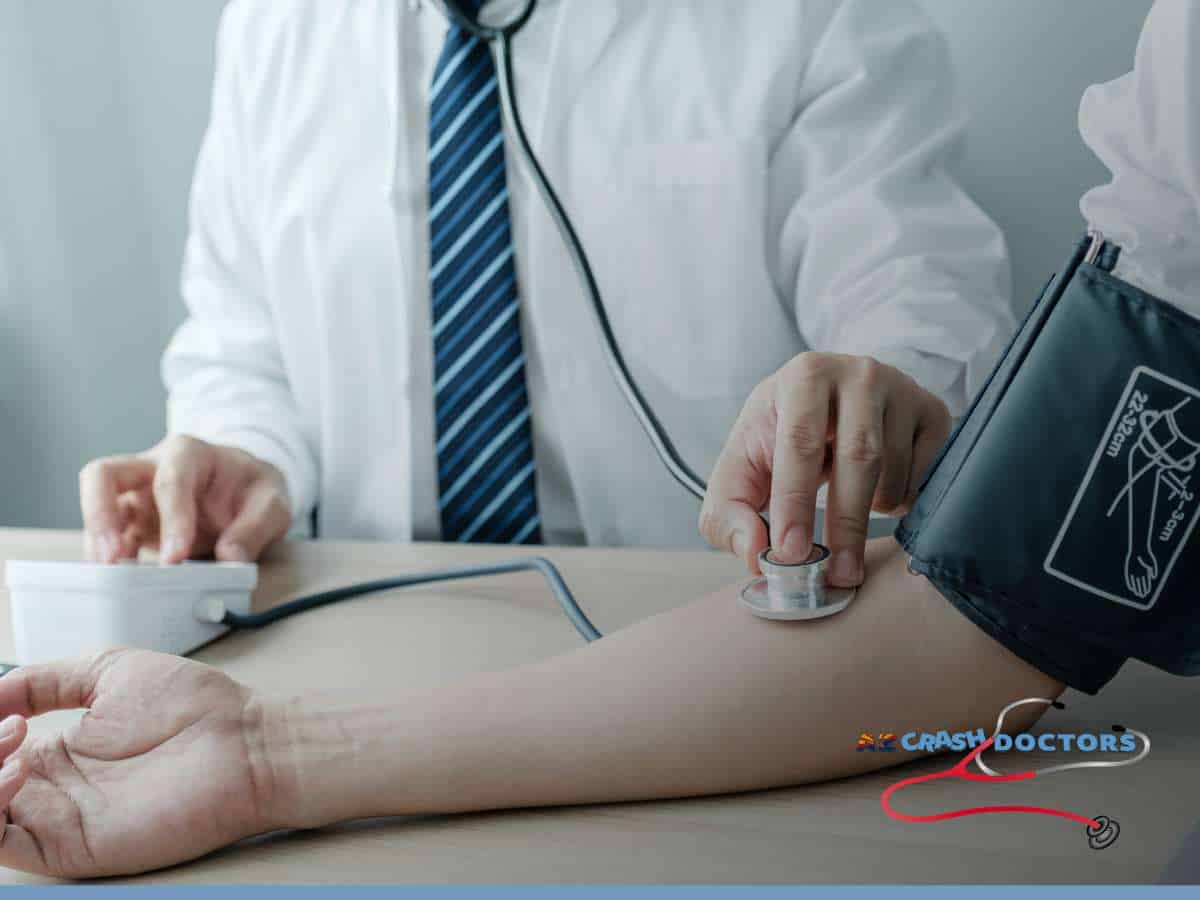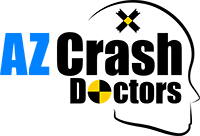The Importance Of Having a Medical Evaluation After A Car Crash
Being injured in a car accident is an incredibly traumatic experience, so it is crucial to be aware of the common medical tests and evaluations that your car crash doctor in Avondale may perform.
After a car accident, you will likely undergo several medical tests and examinations to help determine the extent of your injuries and ensure that you receive the appropriate medical treatment.
In the following article, we’ll explain what exactly doctors check you for after being injured in a vehicle accident.

Initial Diagnostic
Most medical visits with car crash doctors start with an initial discussion of your current condition and medical history. It usually includes a detailed explanation of the circumstances that took place during the car accident.
Analyzing your concerns, lifestyle, habits, and existing medical conditions can help create a successful evaluation and determine what is or isn’t related to the car accident.
Car crash doctors normally perform a physical exam after talking to you about your medical history and needs. You may be asked to perform some movements or tasks to see how’s your body at the moment, especially if they suspect certain injuries.
After that, you may be required for another evaluation, such as a CT scan or an MRI to capture better images of your current condition. This is usually necessary when the doctor suspects something else.
During the examination, you can ask any concerns to your car crash doctor in Tempe to ensure you don’t have doubts about the process.
This initial exam will assist with making the right diagnosis and developing an effective treatment plan.
What Are The Most Common Car Accident Injuries?
While the car accident doctor will do a complex exam, certain injuries and conditions are particularly common in car accident victims. Here’s a list of some of them.
External Wounds
These can include wounds, bruises, burns, and road rash. While you may have spotted these injuries on your own, a doctor will want to evaluate them in order to determine where you were wounded and what happened during the accident.
Burns would suggest a fire was present, whereas cuts and bruising may suggest that objects in the car became projectiles. Being ejected from the car or otherwise coming into touch with the pavement and road would be consistent with developing road rash. They are easily treatable, but with a doctor you can obtain more information about the severity of your problem.
Injuries to the Soft Tissue and Whiplash
Soft tissue injuries, such as strains, sprains, bruising, or tears, affect the muscles, ligaments, and tendons in the body. They frequently occur as a result of the body’s rapid and abnormal movements after a collision. Phoenix car accident doctors always perform medical procedures to ensure there’s no severe damage in soft tissues, as these are quite common.
One of the most typical scenarios is a strain in the tissue surrounding the neck, often known as whiplash. After a car accident, whiplash is a frequent problem that your doctor will probably attempt to identify initially. This may be a concern if the neck is stiff and painful.
Back Injuries
Due to its complexity, the spine is prone to numerous injuries in auto accidents. Disc herniation is a common example. Herniated discs happen when the soft gel-like discs between the vertebrae are forced out of place or burst, causing a lot of pain and other back problems.
Back injuries are frequently difficult to detect right away after an accident, therefore a skilled medical professional or chiropractor will thoroughly examine your spine to ascertain its condition.
Traumatic Brain Injury (TBI)
Any impact to the head may be classified as a TBI. In an automobile accident, this could suggest that the head collided with a section of the car, but it could also mean that the brain was jostled so violently that it collided with the skull.
To determine whether your brain was damaged during the collision or not, your Scottsdale car accident doctors may carry out quick tests of cognitive function.
Although concussions are a common and mild type of traumatic brain injury (TBI), they are not always dangerous.
Fractures Or Broken Bones
In car accidents, your arms and legs are very likely to break, especially if they are used to brace against impact or are trapped under a collapsed dashboard. Small fractures may go undetected, so x-rays and other imaging are necessary to rule out these problems before they worsen.
Car Crash Medical Care in Phoenix, Arizona
The best course of action following a car accident is to find a medical professional who focuses on treating auto injury cases. Rather than focusing on a single body part or condition, the staff at AZ Crash Doctors is trained to look for a variety of common conditions and develop comprehensive treatment plans based on their findings.
Contact us today to schedule your evaluation and start the recovery process!

